Opening Hours: Mon – Thur 8:30 am – 5:00 pm Fri 8:30 am – 4:00 pm
Streamline Your Operations with a Spectrum License from SMA
Applying for a maritime spectrum license with SMA is a simple process. Follow these steps to get started.
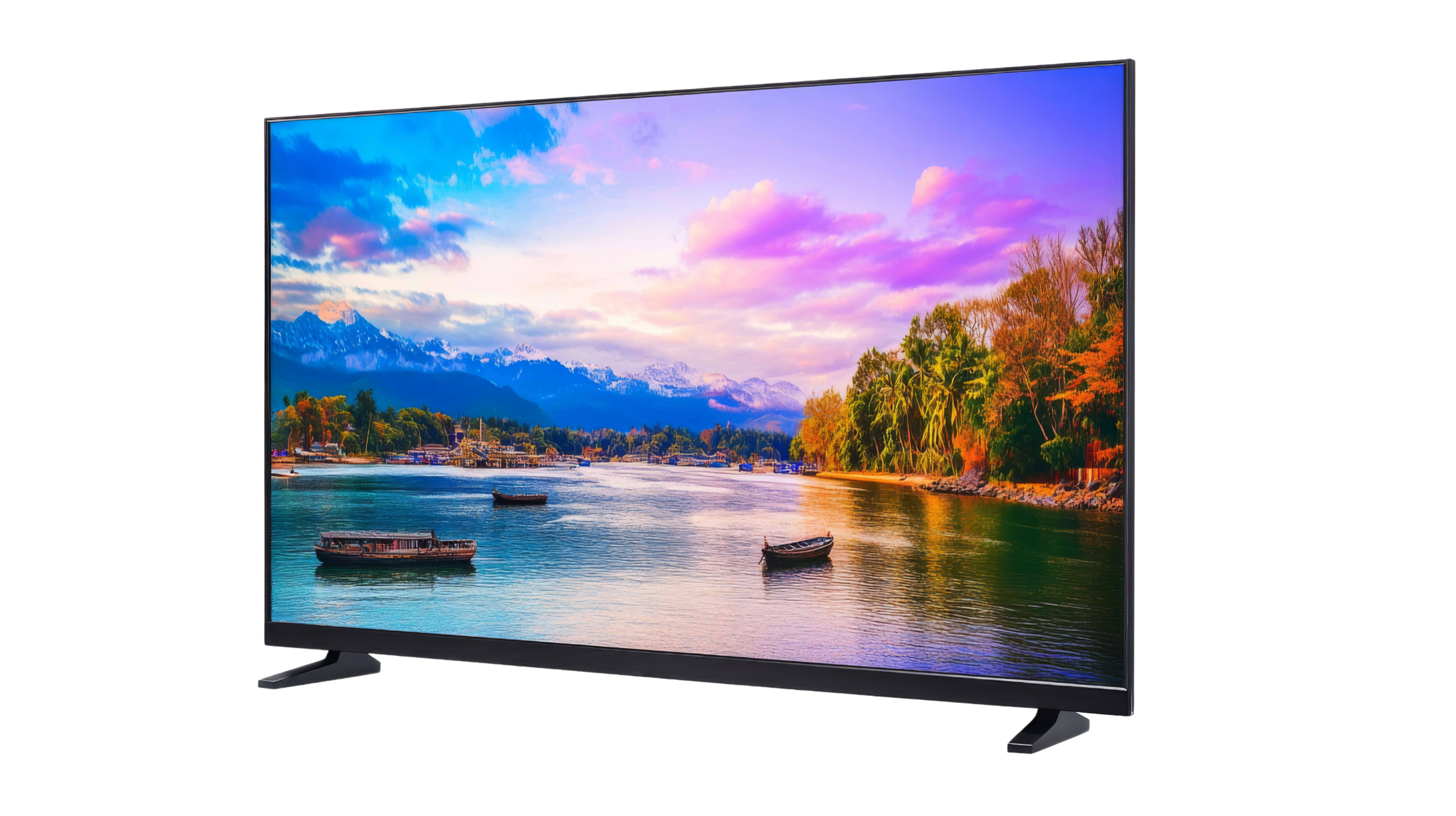
Broadcasting Authorization Overview
A broadcasting authorization is essential for companies aiming to deliver radio and television services directly to the public. This authorization not only legitimizes their operations but also opens the door to a vast audience, allowing for sound, visual, and emerging transmission types. By securing this authorization, companies position themselves to maximize their reach, engage diverse communities, and fully harness the powerful medium of broadcasting. It’s a strategic move that marks their commitment to quality content and public service.
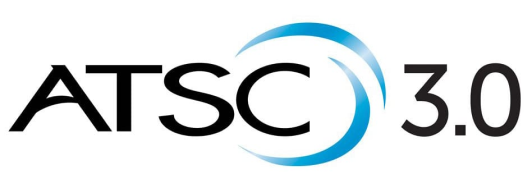
The Broadcast Standards Association is an international, non-profit organization developing voluntary standards for multimedia broadcasting. The ATSC member organizations represent the broadcast, broadcast equipment, motion picture, consumer electronics, computer, cable, satellite, and semiconductor industries. We are defining the future of television with the ATSC 3.0 next-generation broadcast standard.
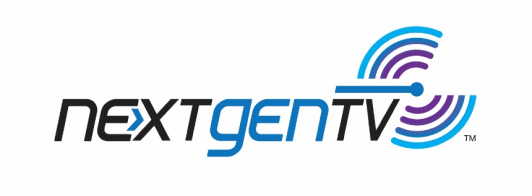
Jamaica’s transition to digital television marks a significant milestone in the evolution of our broadcasting landscape. Initiated in 2022, this progressive step demonstrates the nation’s commitment to modernizing its communication infrastructure and improving access to quality content for all Jamaicans. Utilizing the advanced ATSC 3.0 standard, Jamaica is poised to experience a television revolution that will enhance picture and sound quality, offer interactive features, and provide a broader array of channels. This transition is not just about improving the viewing experience; it’s about empowering our people through technology. Digital television will enable better access to information, education, and entertainment, ultimately fostering a more informed and connected society. This strategic move positions Jamaica on the cutting edge of digital broadcasting. As we embrace the future, we are not only enhancing the quality of our broadcasts but also setting a precedent for technological advancement in the Caribbean.
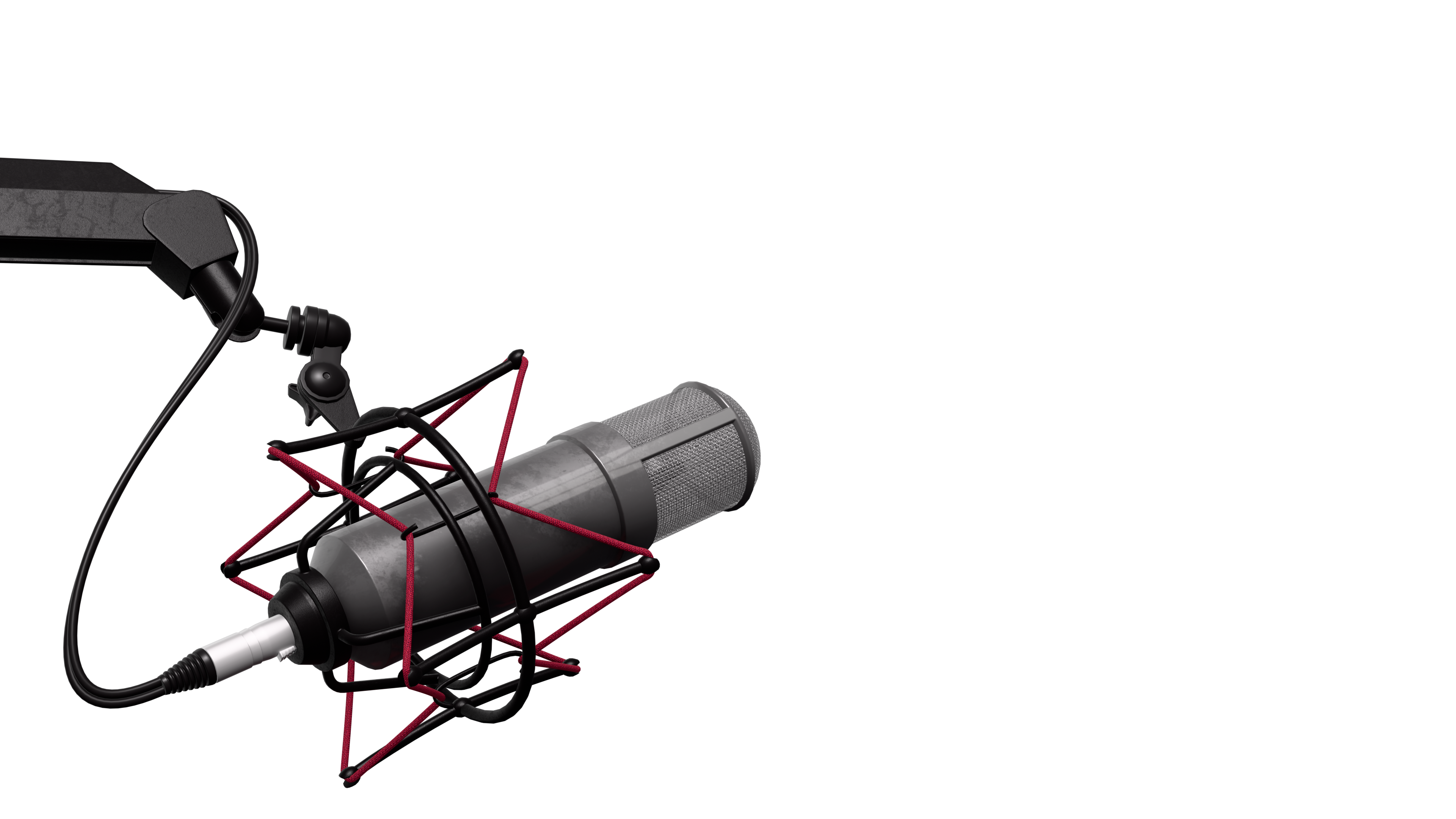
In Jamaica, islandwide FM radio stations are the heartbeat of communication, ensuring that every corner of the island stays connected. With their extensive transmission range, these stations deliver high-quality programming that can be heard by listeners from the bustling streets of Kingston to the tranquil hills of St. Ann. Broadcasting across the entire island, they not only provide entertainment but also keep communities informed and engaged. Trust in islandwide FM radio to reach you, no matter where you are in Jamaica.
Get a detailed breakdown of the fees and charges for mobile spectrum licensing.
Learn about our transparent and efficient licensing process for mobile spectrum operators.
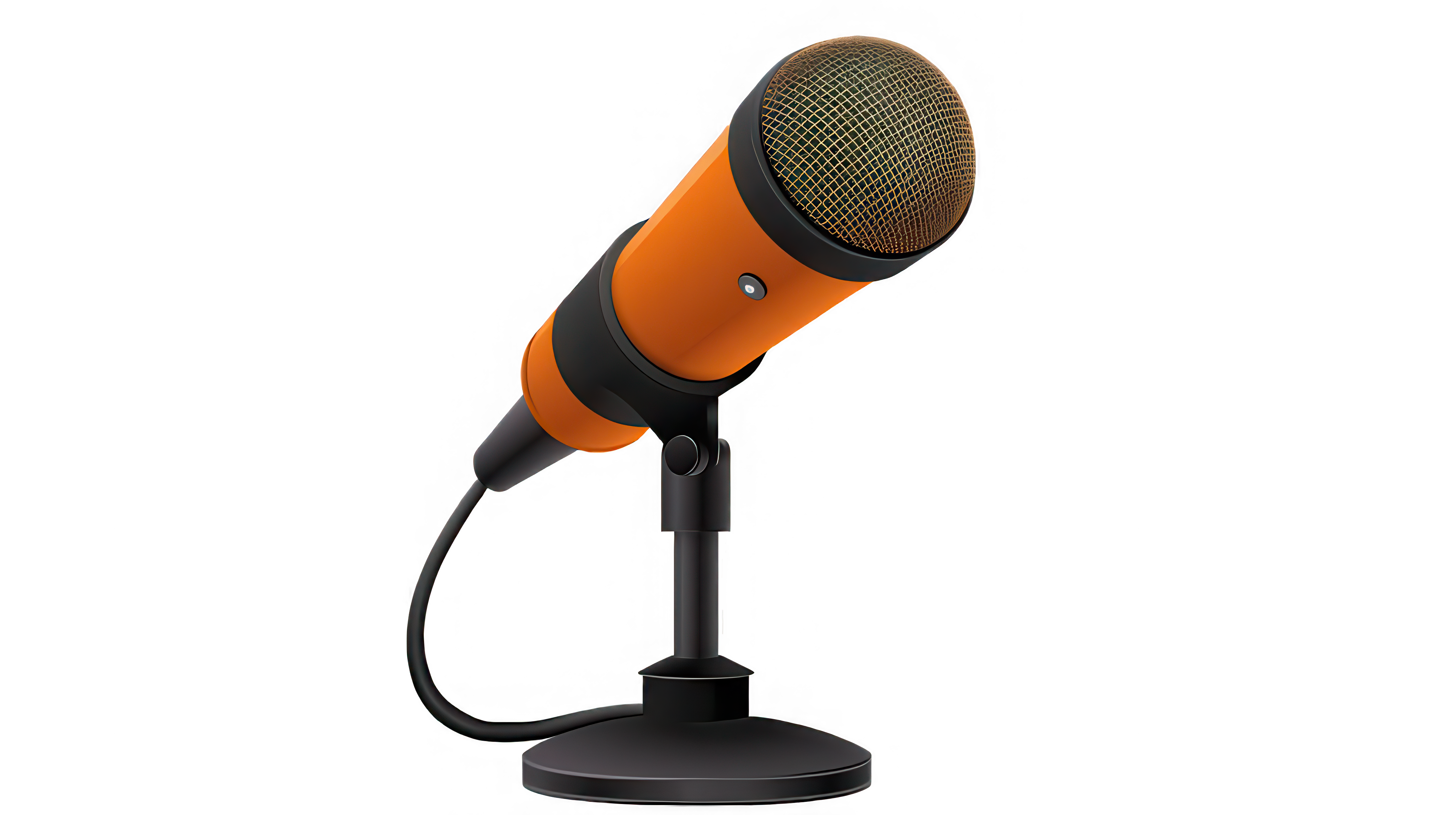
Community radio represents a vital third model of broadcasting, standing proudly alongside commercial and public radio. It is not just a platform; it is a thriving hub for local voices and authentic content. These stations prioritize local programming, showcasing the creativity of emerging artists and keeping residents informed about community events and issues that matter most to them. With coverage typically extending up to 5 kilometers, community radio fosters a deep connection among listeners, celebrating the unique culture and identity of the area it serves. This model empowers communities, promotes local talent, and enriches the social fabric. Embrace the power of community radio—it’s an essential voice for any vibrant community.
Get a detailed breakdown of the fees and charges for mobile spectrum licensing.
Learn about our transparent and efficient licensing process for mobile spectrum operators.
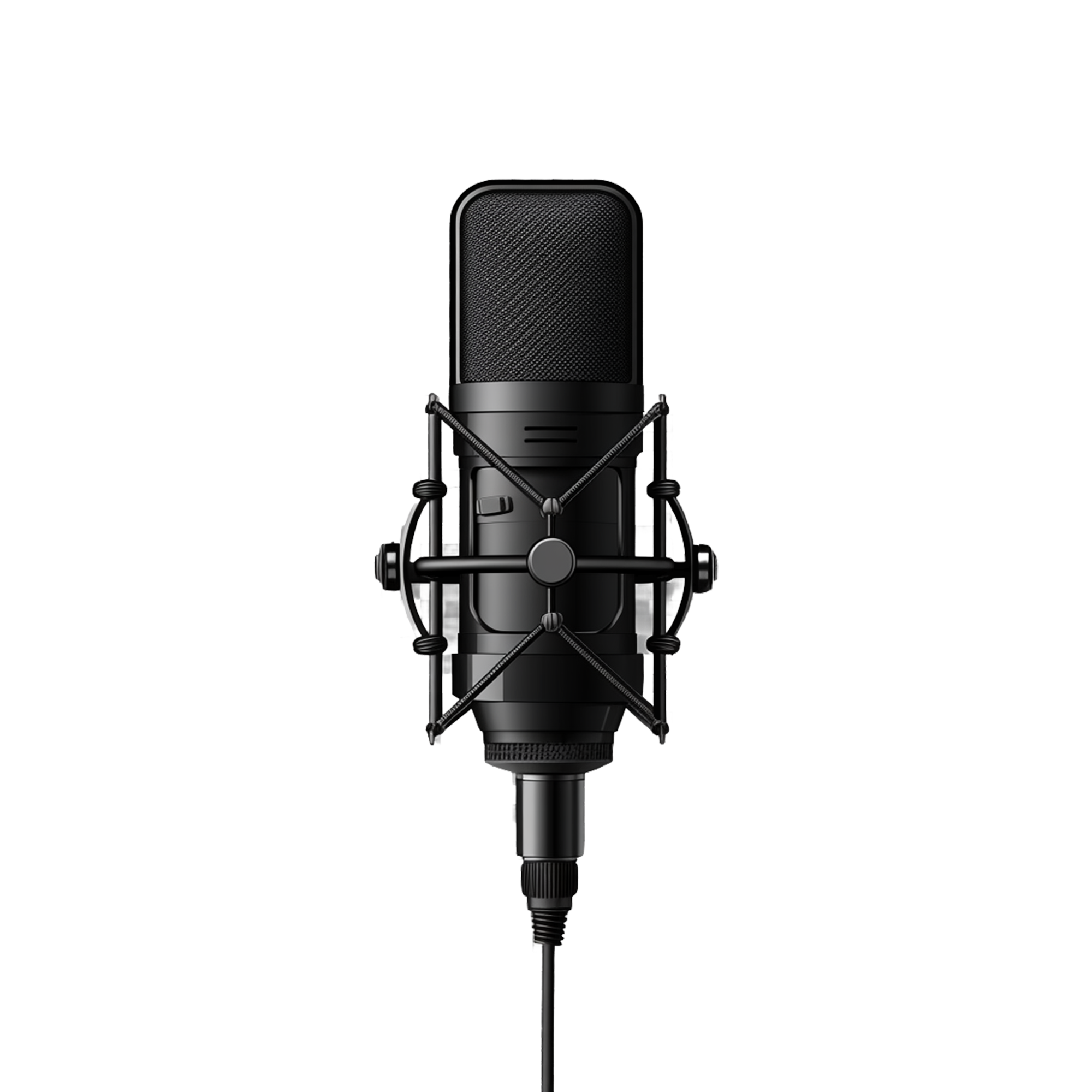


The Broadcasting Commission is an independent statutory agency established in June 1986. It falls under the ambit of the Minister with responsibility for Information. The Commission is mandated by the Broadcasting and Radio Re-diffusion Act (BRRA) to monitor and regulate free-to-air television, broadcast radio and subscriber television (Cable) services to ensure their operation at appropriate levels in relation to technical, programming, and service standards.
A broadcast service is a communication service intended for direct reception by the general public, encompassing the transmission of information and entertainment programming via radio, television, or other electronic media.
To obtain a broadcasting authorization, you need to firstly get a license from the BCJ and then submit an application to the spectrum management authority and meet the necessary requirements.
A key difference between a community FM radio station and an island wide station lies in their scope and focus: community stations serve a specific, localized area, while island wide stations aim to reach the entire population of an island
Digital TV (DTV) is a broadcasting technology that transmits television signals using digital encoding, offering better picture and sound quality, and enabling multiple channels and features that analog TV cannot, like high-definition (HD) and on-demand content.
ATSC 3.0, also known as “NextGen TV,” is the latest version of the terrestrial television broadcasting standard, offering improvements in picture and sound quality, enhanced interactivity, and robust mobile reception, while also enabling datacasting for alerts and targeted advertising.

Get authorized to use the mobile spectrum and expand your services.
